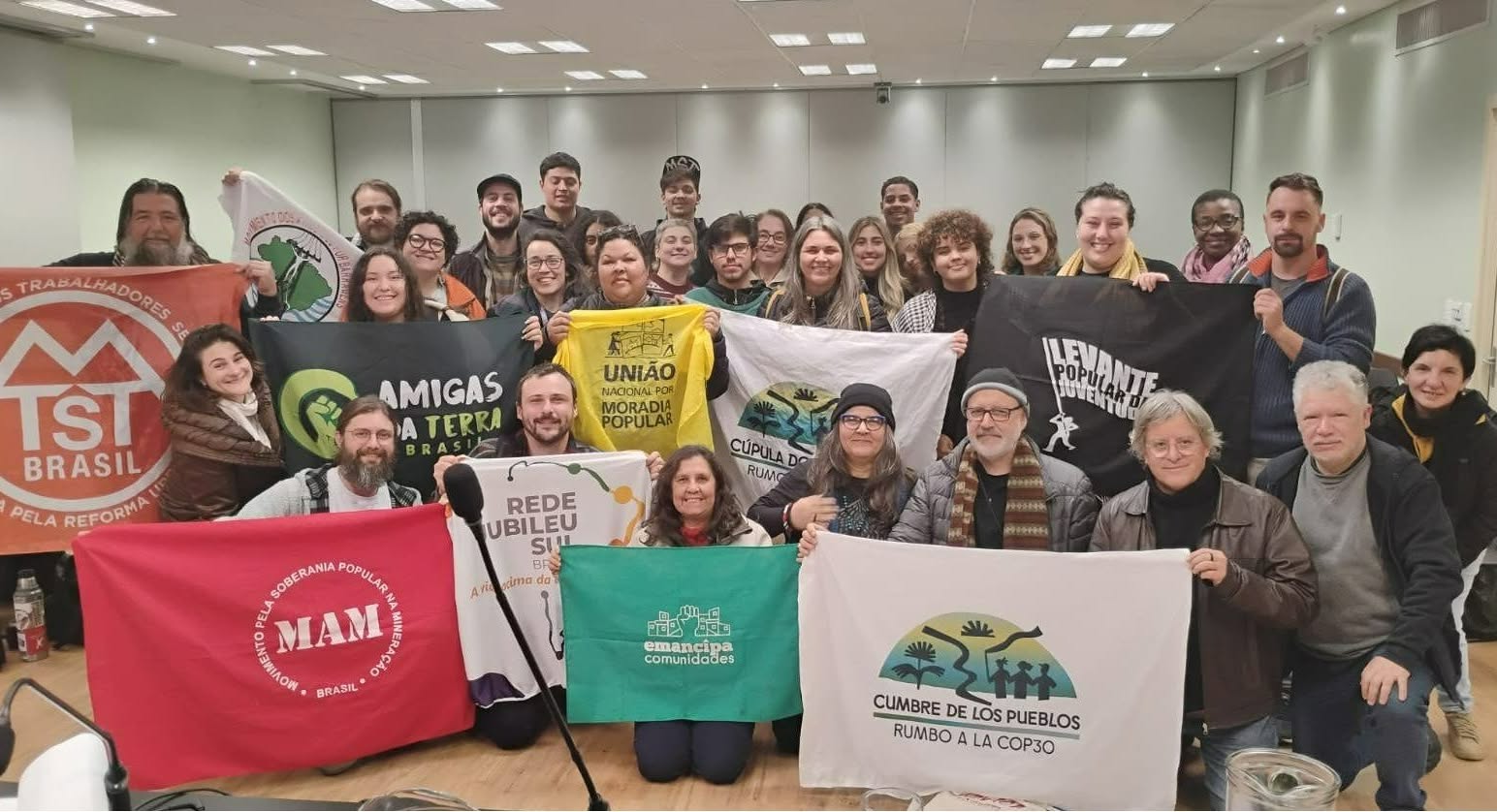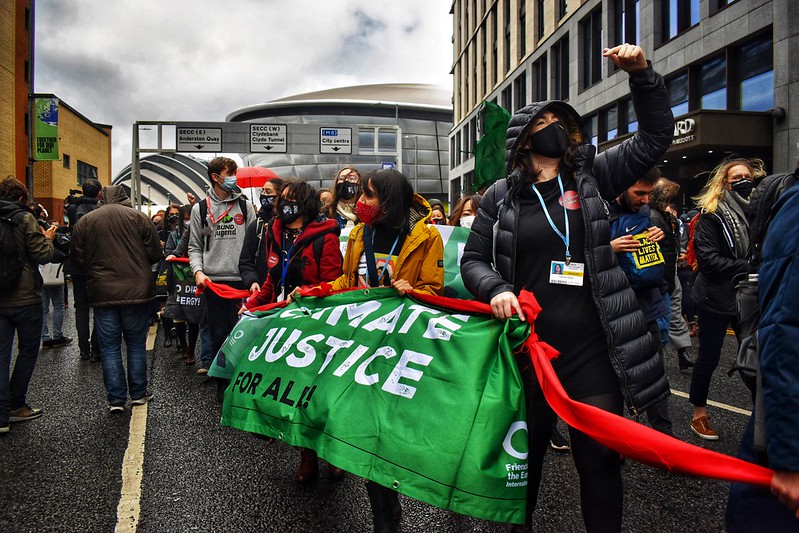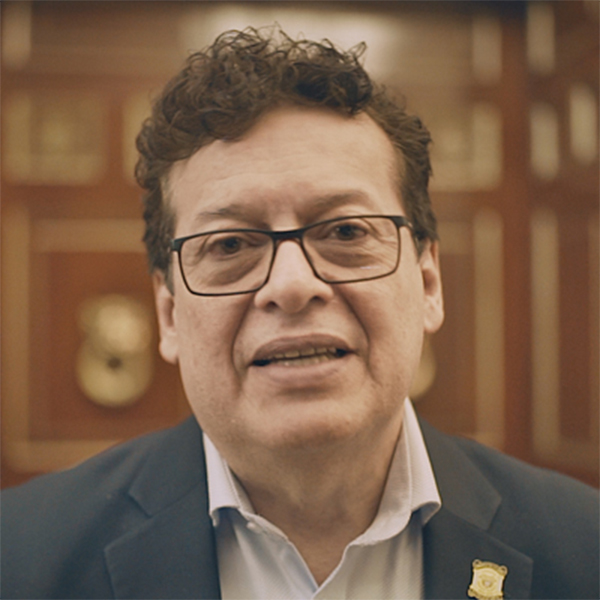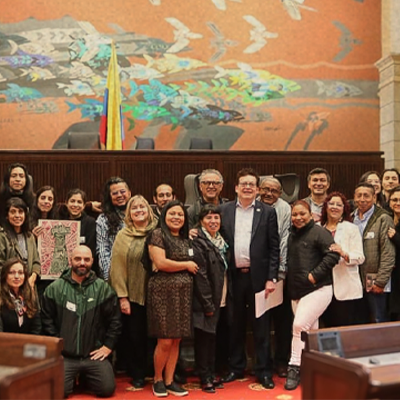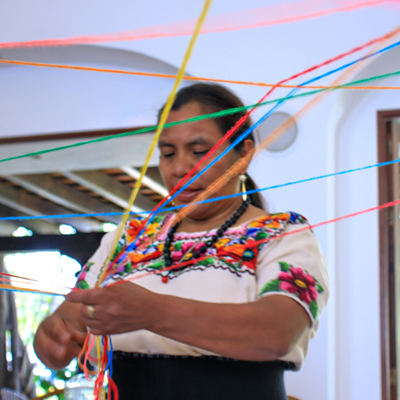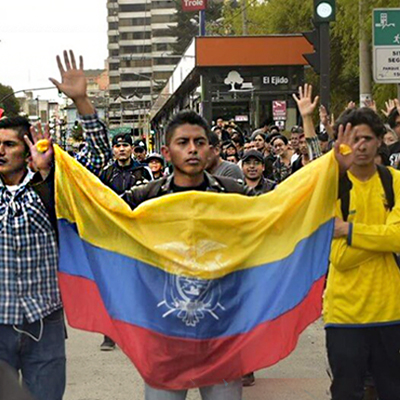
Strike and mobilisations in Ecuador
After the right-wing administration led by Daniel Noboa in Ecuador eliminated the diesel subsidies through decree 126 of 12 September, the Confederation of Indigenous Nationalities of Ecuador (CONAIE) decided to call for a general strike and mobilisations. Ever since, the government's repression and persecution of mobilised social organisations and human rights abuses have continued unabated. The decision to call for…



